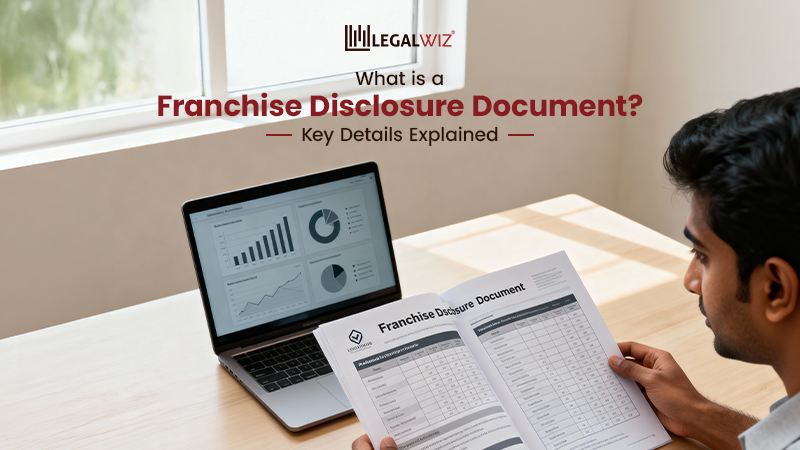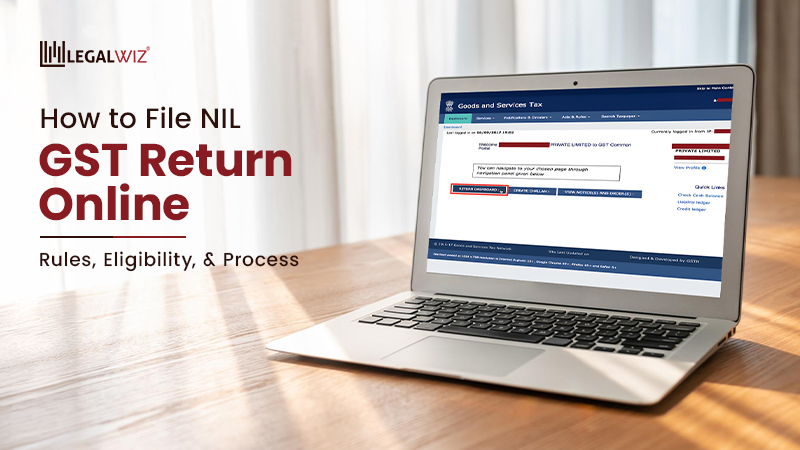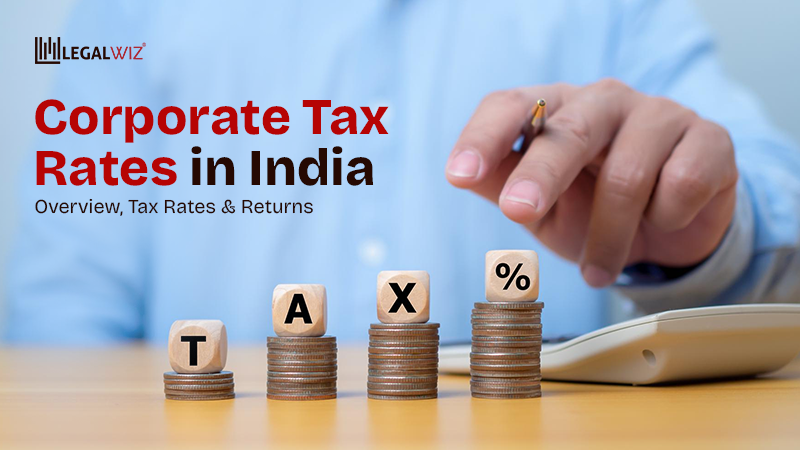All you need to know about PF applicability
Employees Provident Fund or EPF is an integral part of the safety net that employees create for their future. Besides, EPF is important for the financial planning of both the employer and employee. EPF scheme is the most common savings mechanism for employees, especially in the organized sector. So, it is vital that the employers and employees both have an understanding of provident funds. Once that is clear, there are many other aspects of Provident fund, which are important. In this blog, we discuss the various aspects of PF applicability, including who is eligible for it, the criteria for PF applicability, and the responsibilities of the PF eligible employers and employees.
Who are eligible for EPF (Employees’ Provident Fund)?
Regardless of the type of employment, all employees, i.e., whether permanent, temporary, or even part-time hires are eligible for EPF. As long as the company has a workforce of more than 20 employees, all its employees that get “Salary” are eligible for EPF. The purpose of the Employees Provident fund is to cater to the employees financial security. Hence, it caters to the need of a diverse workforce. This helps in benefitting all types of employees in creating a pool of emergency funds.
Also Read: What is PF and Types of provident fund?
What is the PF applicability criteria?
Whether you are an employer or an employee, there are certain criteria for PF applicability. Anyone that meets the PF applicability criteria can enroll with the EPFO by completing the PF registration process. These criteria may vary from time to time. For now, in India, the following PF applicability criteria are prevailing:
Monthly salary threshold
According to the Act, there is a monthly salary threshold of Rs. 15000/-. If the salary of an employee is less than this amount, enrolling to the EPFO is mandatory. However, when the basic salary and dearness allowance is more than this amount, enrolling to pf is not mandatory. It is based on the discretion of the employee. An important thing to note about the monthly salary threshold is that it might change from time to time on the basis of the laws. Hence, it is important for employers and employees to stay updated with the existing regulations.
Minimum Number of Employees
The basic PF criteria for employers is that in any factory, establishment or organisation, if there are more than 20 employees, enrolling the establishment under EPFO is mandatory.
Special Provisions for Certain Categories
There are different types of PF schemes for certain categories of employees such as government officials and self – employed individuals. Hence, it is essential to check the PF applicability criteria on the basis of the different categories.
Voluntary Enrolment to PF
For anyone who does not suffice the criteria of applicability for EPF but still wants to enroll in the PF scheme, there is a voluntary provident fund. This scheme of enrollment is open to both, the employer and the employee.
PF eligibility for Employers
In the process of creating a PF pool, the employers play a vital role. They are responsible to create epf login for members, updating and maintaining the pf accounts, and issuing the UAN of employees. Typically, under the Law, an organisation needs to enrol with the PF scheme if they have a workforce of higher than 20. So, for all employers eligible for pf it is important to stay compliant to the laws in order to avoid legal complications.
What is the importance of applicability of PF for employees?
For employees, the applicability of pf ensures a safe and secure future post retirement. When they contribute a portion of their salary towards their future, they build a financial cushion for themselves. This long term instrument provides a peace of mind. In India, any salaried or self employed individual can choose from the various PF schemes applicable to them.
Pension under PF Scheme and its eligibility
Under the EPFO, there is another concept known as the employees pension. Hence, there are certain conditions under which an employee becomes eligible for pension under the PF scheme. When you maintain and contribute your PF account for a long time, you might secure your eligibility for pension. Let’s see its eligibility:
- You must be at least 50 to opt for early pension or 58 to opt for regular pension;
- If you defer to opt for the pension, you will be subjected to an additional 4% interest rate; and
- You must have completed at least 10 years of service.
Also Read: EPF Calculation Formula: How to calculate PF in India?
Conclusion
In conclusion, for employees as well as employers, it is important to have a clear understanding of pf and its applicability. Further, while keeping its benefits in mind, it is important that pf eligible employers and employees enrol themselves with the EPFO. This helps in strengthening the bond between an employer and employee. For more information on this PF registration and its eligibility criteria, contact us!
Frequently Asked Questions
Who is eligible for PF?
Any person with a basic salary and dearness allowance of less than 15000 is eligible for PF. Apart from this, others with more salary can opt for PF registration on an optional basis.
How much salary is eligble for PF?
In India, if you have a salary of up to INR 15,000 per month, PF deduction is mandatory. However, if your salary is more than that, you can opt for pf on your own discretion.
Is PF applicable on stipend?
No, in India the provident fund scheme is not applicable on the stipend. So, if you are an intern earning a stipend, there are no pf deductions applicable to you.

Diksha Shastri
As a writer, Diksha aims to make complex legal subjects easier to comprehend for all. As a Lawyer, she assists startups with their legal and IPR drafting requirements. To understand and further spread awareness about the startup ecosystem is her motto.







